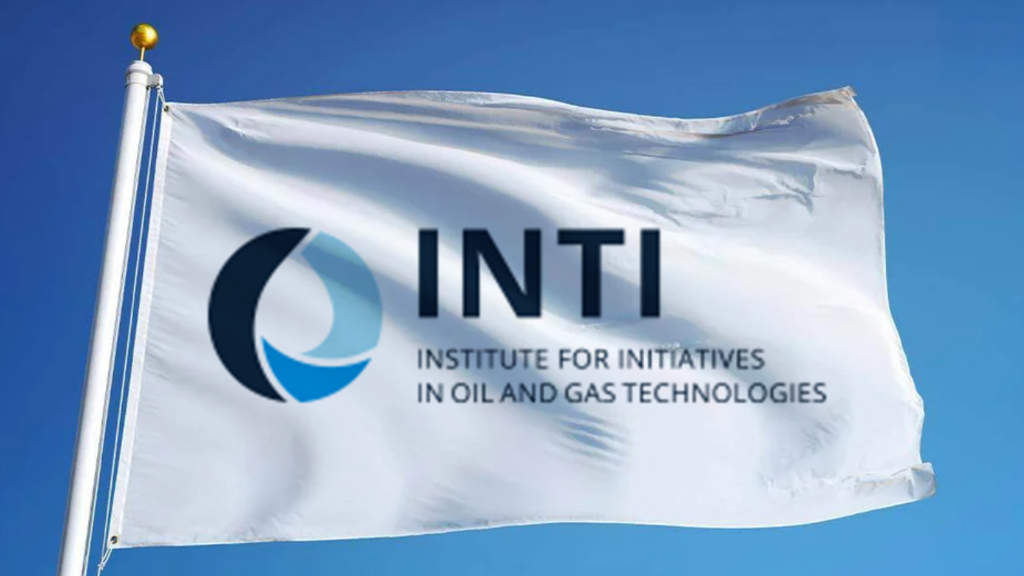Russia wants Saudi companies to participate in developing standards for oil and gas equipment that are independent of the West, Industry and Trade Minister Anton Alikhanov has said. He was speaking at the Industrial Dialog: Russia – Saudi Arabia business forum held as part of the Innoprom 2025 exhibition currently taking place in Ekaterinburg.
Alikhanov said that “The Russian Institute of Oil and Gas Technology Initiatives (INTI) is now working in close cooperation with foreign oil companies, and we would like to invite our Saudi partners to also join this work to develop and introduce independent standards in this area that are independent from the American Petroleum Institute“.
He said he raised this issue at a meeting with Saudi Industry and Mineral Resources Minister Bandar Alkhorayef, saying that “We discussed our successes in localizing and replacing imports in production of equipment for the oil and gas sector. We’ve been doing this work since 2014. There are substantial results, both in terms of production and in terms of the development of internationally recognized standards in this area. We think this is extremely important. Saudi Arabia, we believe, is a natural partner here, a country that produces the most oil in the world. In our view, this is also a natural movement, specifically downstream projects, and complete technological independence. This is what we could offer, where we could implement joint projects.”
The Russian side has already conducted a series of presentations of oil and gas equipment for Saudi partners, Alikhanov said. “We hope this work will continue. We have considerable experience with the UAE and Bahrain, so given Saudi Arabia’s oil production volumes – they’re the world leaders after all – I believe our expertise in oil and gas equipment and standardization implemented through INTI will interest them. I’m confident this work will yield practical results.”
Negotiations have already begun with the UAE to be part of the INTI standards initiative, with Alikhanov adding that “Several dozen standards have already been approved for application in the United Arab Emirates. We hope to have equally productive work with Saudi colleagues, with dozens of INTI standards becoming applicable in Saudi Arabia too. We have great potential for cooperating in the mining industry. We have mastered modern exploration technology, tools for processing big geological data, cartography, including the use of unmanned systems. We can also offer our Saudi partners equipment for mining and processing ores.”
He also mentioned shipbuilding, metallurgy and a number of other sectors as potential areas for Saudi Arabian cooperation, emphasizing the trade angle: “Mutual trade increased by more than 60% and exceeded US$3.8 billion last year. In Q1 2025, we have achieved a fourfold increase in trade turnover compared to the same period of 2023. We need to maintain this dynamic through joint efforts, look for new points of growth for further technological partnership.”
There are other geopolitical implications, as US sanctions have made it extremely difficult for US based standards institutes to work with Russian and certain other countries, such as Iran. Yet Russia has the world’s largest reserves of gas and is among the top three global producers of oil.
| Country | % Of Global Gas Reserves | % of Global Oil Reserves |
| Russia | 4.5 | 20 |
| Saudi Arabia | 4.3 | 17 |
| Iran | 17 | 12 |
| UAE | 3.1 | 5.9 |
| United States | 4.65 | 4.0 |
As can be seen, on a geographic basis, it makes little sense for global oil and gas standards to be directed by the country possessing the least reserves. It also implies that larger volumes will also dictate more innovative oil and gas products, requiring a new development centre of oil and gas standards of excellence to be put into place – exactly the Russian position.
This further implies that innovation and future technological excellence may also begin to move to regions that possess the most reserves and therefore have the greater experience and capabilities to experiment and develop these resources.
Further Reading

 Русский
Русский














